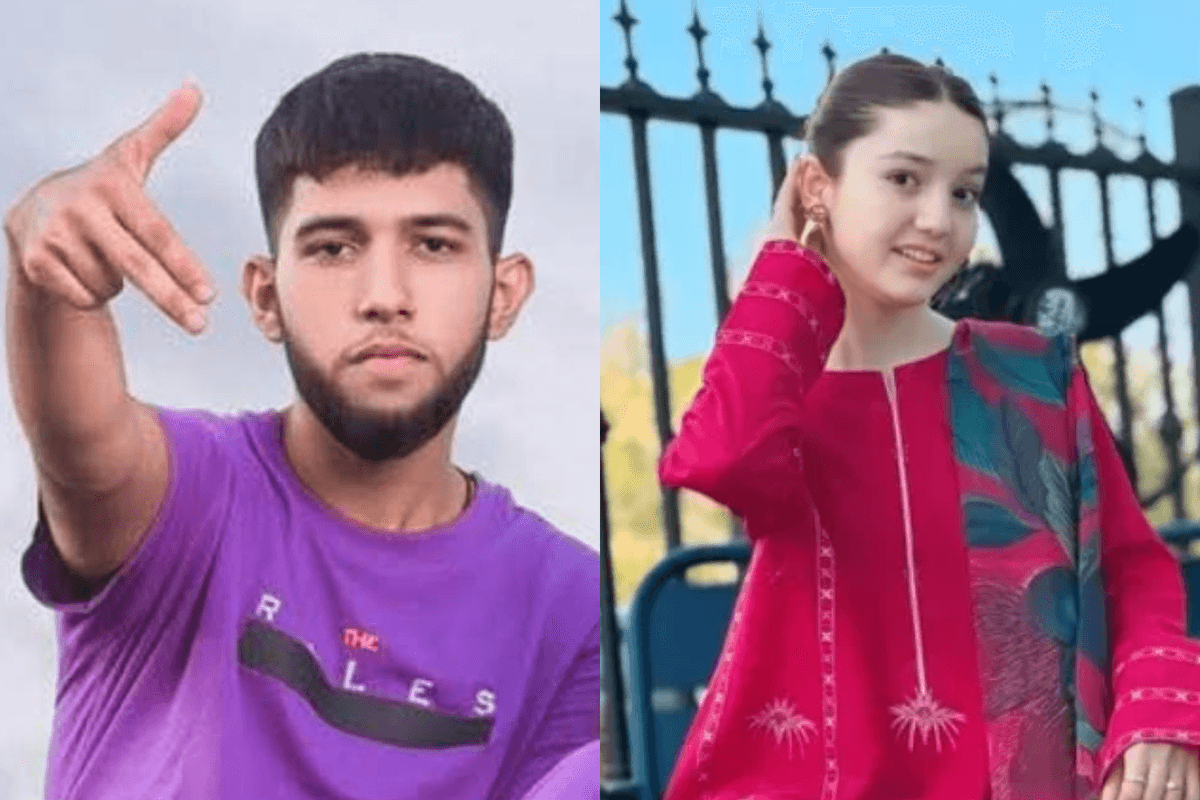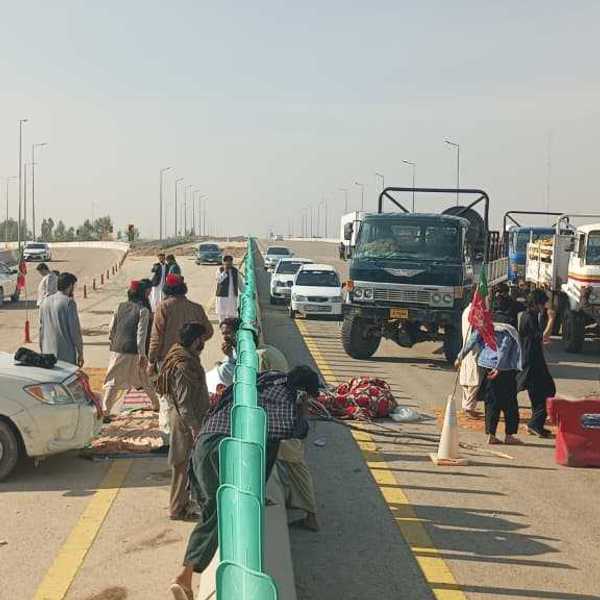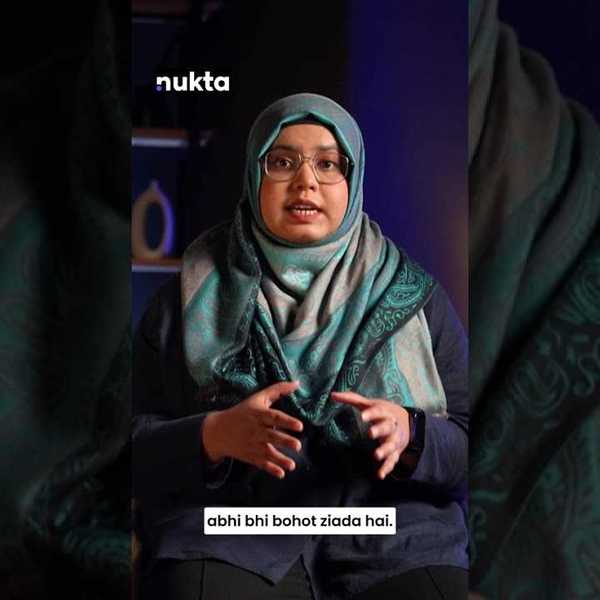Who is Umar Hayat, the obsessed follower accused of killing Pakistani TikToker?
Police say Umar confessed to murdering Sana Yousaf, claiming to be a wealthy landlord’s son to impress her -- despite having just a few hundred rupees when arrested
Ali Hamza
Correspondent
Ali; a journalist with 3 years of experience, working in Newspaper. Worked in Field, covered Big Legal Constitutional and Political Events in Pakistan since 2022. Graduate of DePaul University, Chicago.

This photo collage shows Umar Hayat and Sana Yousaf.
Author/Sana Yousaf’s Instagram
She had a growing following, a bright smile, and a future that looked promising in the world of social media. But on June 2, the life of 17-year-old TikToker Sana Yousaf was cut short in her own home in Pakistan’s capital city Islamabad. Her brutal murder stunned her fans, devastated her family and led to the arrest of a man named Umar Hayat, whose obsession, police say, turned deadly.
So, who is Umar Hayat? What drove a young man from a small town in Punjab to allegedly kill a woman he once admired online?
Hayat, 22, comes from a lower-middle-class family in Jaranwala, a town in Faisalabad. He stopped attending school after matriculation and began working in social media promotion, trying to build his own online identity.
His father is a retired 16th-grade government official from the Punjab Agriculture Department. The family lives in a modest 90-square-yard home, along with Umar’s two married sisters. Sources also revealed that Umar’s brother had earlier taken his own life.
On Instagram, Umar seemed like any other young content creator. His account -- now locked -- had 71,000 followers. He collaborated with other creators in videos and even posed with a picture of slain Indian rapper Sidhu Moose Wala. He also went by the name “Kaka,” inspired by a Punjabi rapper. But behind the posts and poses, something much darker was brewing.
Police say Umar has confessed to Sana Yousaf’s murder. He allegedly pretended to be the son of a wealthy Punjabi landlord to impress her, despite having only a few hundred rupees at the time of his arrest.
On Sana’s birthday -- May 29 -- he rented a white Toyota Fortuner SUV, bought flowers, cake, and gifts, and traveled to Islamabad hoping to meet her in person. She declined, reportedly because her family hadn’t given her permission.
Humiliated, Umar returned to Faisalabad—but he wasn’t done.
A few days later, he came back to Islamabad. Sana, perhaps feeling bad about turning him away earlier, agreed to meet him. Umar reached her neighborhood at 5:00 am on June 2. But once again, she refused to come outside.
During police interrogation, Umar said that something snapped. Enraged, he forced his way into her home -- and shot her dead.
After the killing, Umar fled the scene. He ditched the rented SUV, booked a ride on a motorbike through a ride-hailing app, and escaped to the bus terminal, eventually making his way back to Faisalabad. The rental company, unaware of the crime, was still trying to recover the vehicle when police contacted them.
Using details from the rental service, investigators began tracing Umar’s movements. When they reached his home, they found it locked. After a series of raids and witness interviews, police finally caught up with Umar at a local mobile recharge shop and took him into custody.
A crime born out of obsession, rejection, and a twisted sense of entitlement has left a family shattered, a digital community in mourning -- and a country asking how it all came to this.







Comments
See what people are discussing